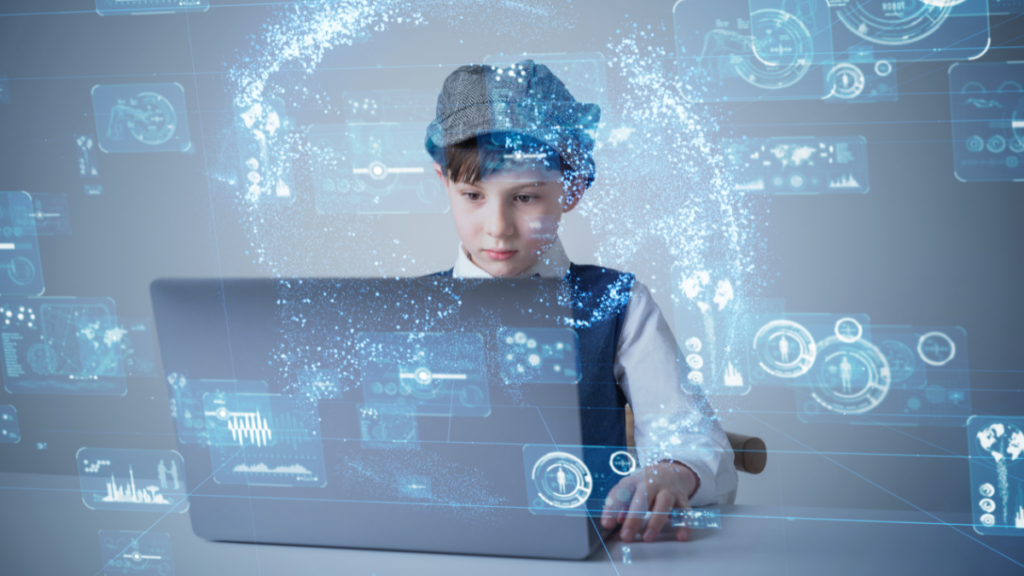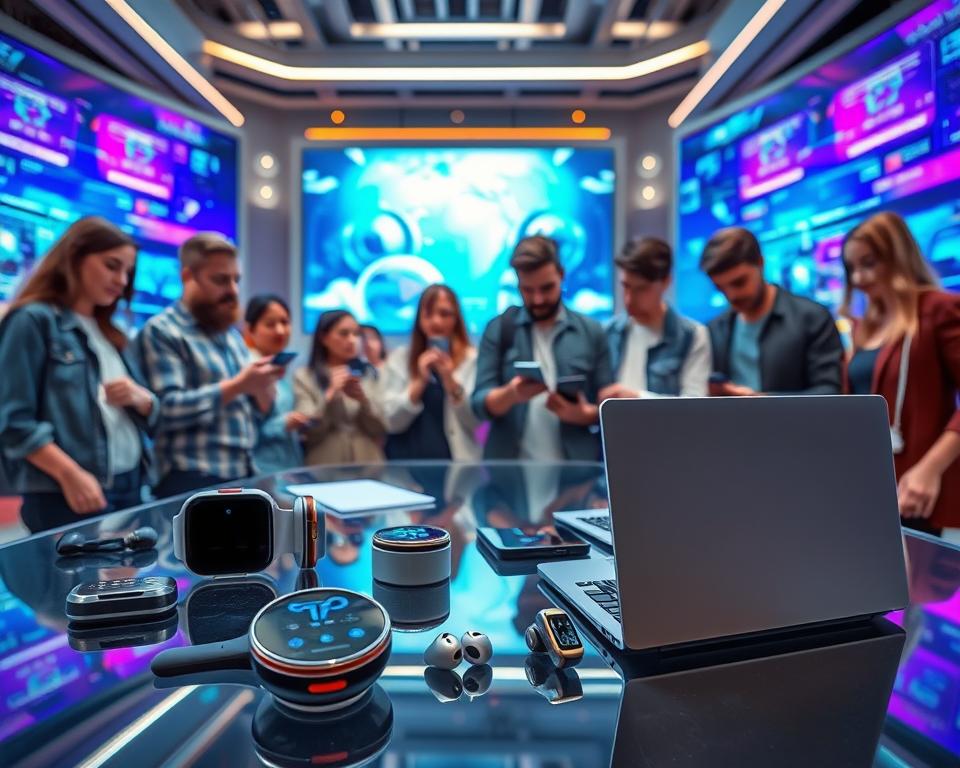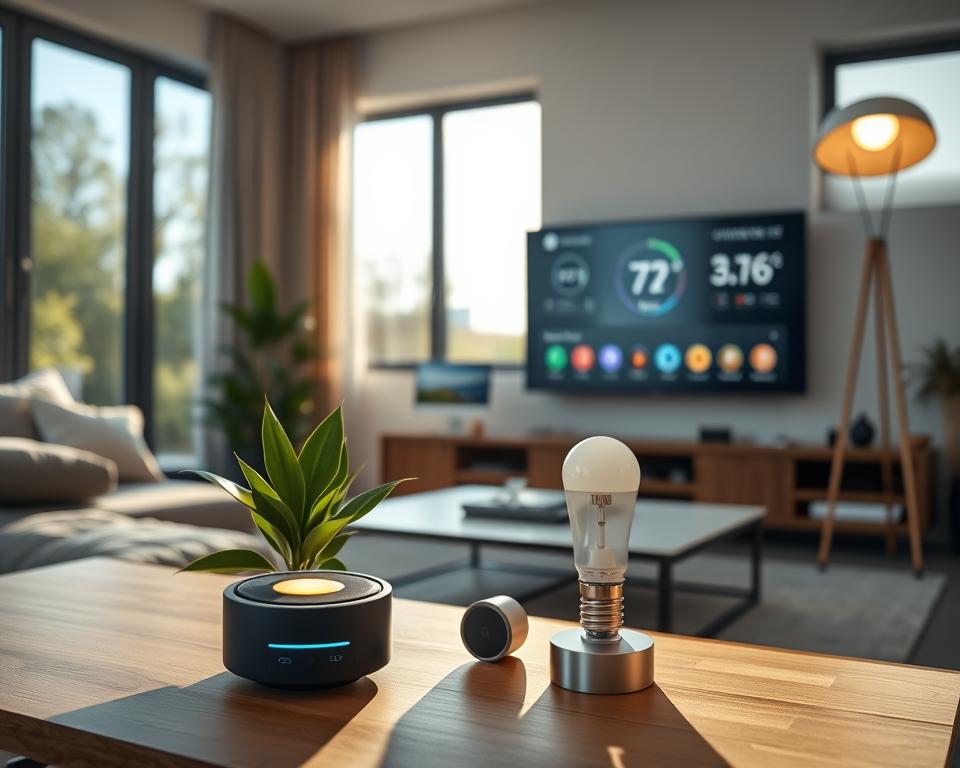Anúncios
Shaping Minds: The Future of Learning Through Educational Technology

Educational technology, often abbreviated as EdTech, has transformed the landscape of learning by integrating digital tools into the educational experience.
From preschool to higher education and beyond, these technologies offer personalized paths for students of all ages.
You might have noticed interactive whiteboards replacing chalkboards, or students submitting homework via mobile apps instead of paper.
These innovations are just the tip of the iceberg; EdTech’s potential is vast and varied, catering to different learning styles and making education more accessible than ever before.
As you explore this digital transformation, you’ll see a range of tools that have become essential to modern classrooms.
There are learning management systems (LMS) that allow you to track your progress and access course materials anytime, anywhere.
Adaptive learning software intelligently adjusts to your individual needs, helping you focus on areas where you require the most support.
Furthermore, gamification in education makes learning more engaging by incorporating game design elements, motivating you to master new concepts while enjoying the process.
The shift toward online resources has also enabled collaboration across borders, connecting you with peers and educators worldwide.
This global network not only fosters a deeper understanding of diverse perspectives but also prepares you for the interconnected world you live in.
With the emergence of cloud-based solutions and virtual reality experiences, the future of learning is bound to be even more immersive and tailored to your educational journey.
Embrace these changes with an open mind, and you’ll be well-equipped to thrive in an ever-evolving educational landscape.
Fundamentals of Educational Tech
As you navigate the modern landscape of learning, understanding the core components of educational technology is essential.
Evolving Role of Technology in Education
Technology’s role in education has transformed from mere aids, like overhead projectors, to essential platforms for learning delivery.
You now experience adaptive learning through software that tailors educational content to your individual needs and pace.
Interactive whiteboards and student response systems foster engaging learning environments, while learning management systems (LMS) allow for structured course delivery and administrative control.
Key Technologies Driving Change
Several specific technologies are integral in shaping contemporary education:
- Virtual Reality (VR): This technology immerses you in a 3D environment, enhancing your learning through realistic simulations.
- Artificial Intelligence (AI): AI can personalize your learning experience, provide automated assessments, and offer intelligent tutoring systems.
- Learning Analytics: The use of data analysis tools helps educators tailor education to your capabilities, predicting outcomes and identifying areas of improvement.
Innovative Educational Tools
In this section, you will explore cutting-edge tools that are transforming the classrooms of today into the dynamic learning environments of tomorrow.
Interactive Platforms and Learning Management Systems
You’re living in an era where Canvas and Blackboard are not just tools; they are the backbones of modern education.
These platforms allow you to receive assignments, take quizzes, and engage in discussions all in one place.
With the integration of tools like Google Classroom, educators can seamlessly blend traditional teaching with digital innovation.
- Canvas: Centralizes course materials, grades, and communication.
- Blackboard: Facilitates learning with its comprehensive set of tools for course management.
Adaptive Learning Software
The power of personalized learning is at your fingertips with software like DreamBox and Smart Sparrow.
These systems adapt in real-time to your performance and learning pace, providing individualized paths to understand complex concepts.
- DreamBox: Offers math lessons that adapt to the learner’s abilities.
- Smart Sparrow: Creates dynamic science lessons that change based on your interactions.
Augmented and Virtual Reality in the Classroom
Imagine dissecting a frog without a scalpel or walking through ancient Rome without leaving your classroom.
That’s possible with AR and VR technologies. Google Expeditions and zSpace offer immersive experiences that turn abstract ideas into tangible realities.
- Google Expeditions: Provides AR and VR field trips to hundreds of destinations.
- zSpace: Delivers a mixed-reality learning experience that is both interactive and hands-on.



